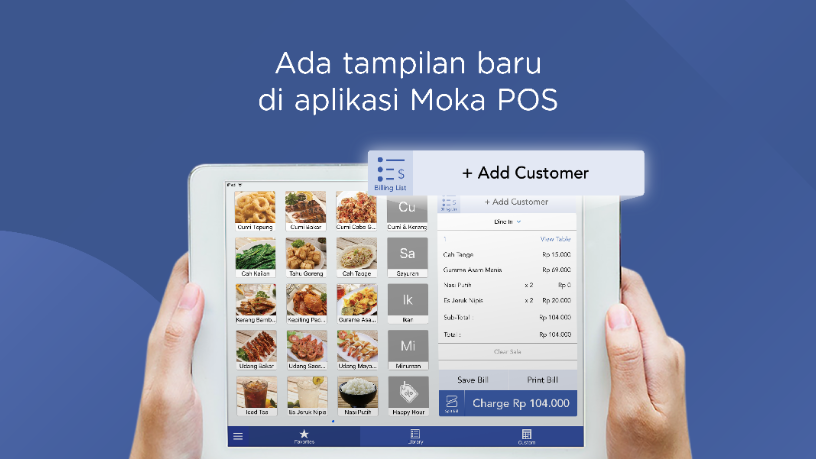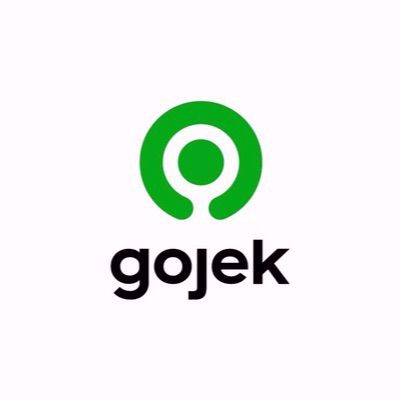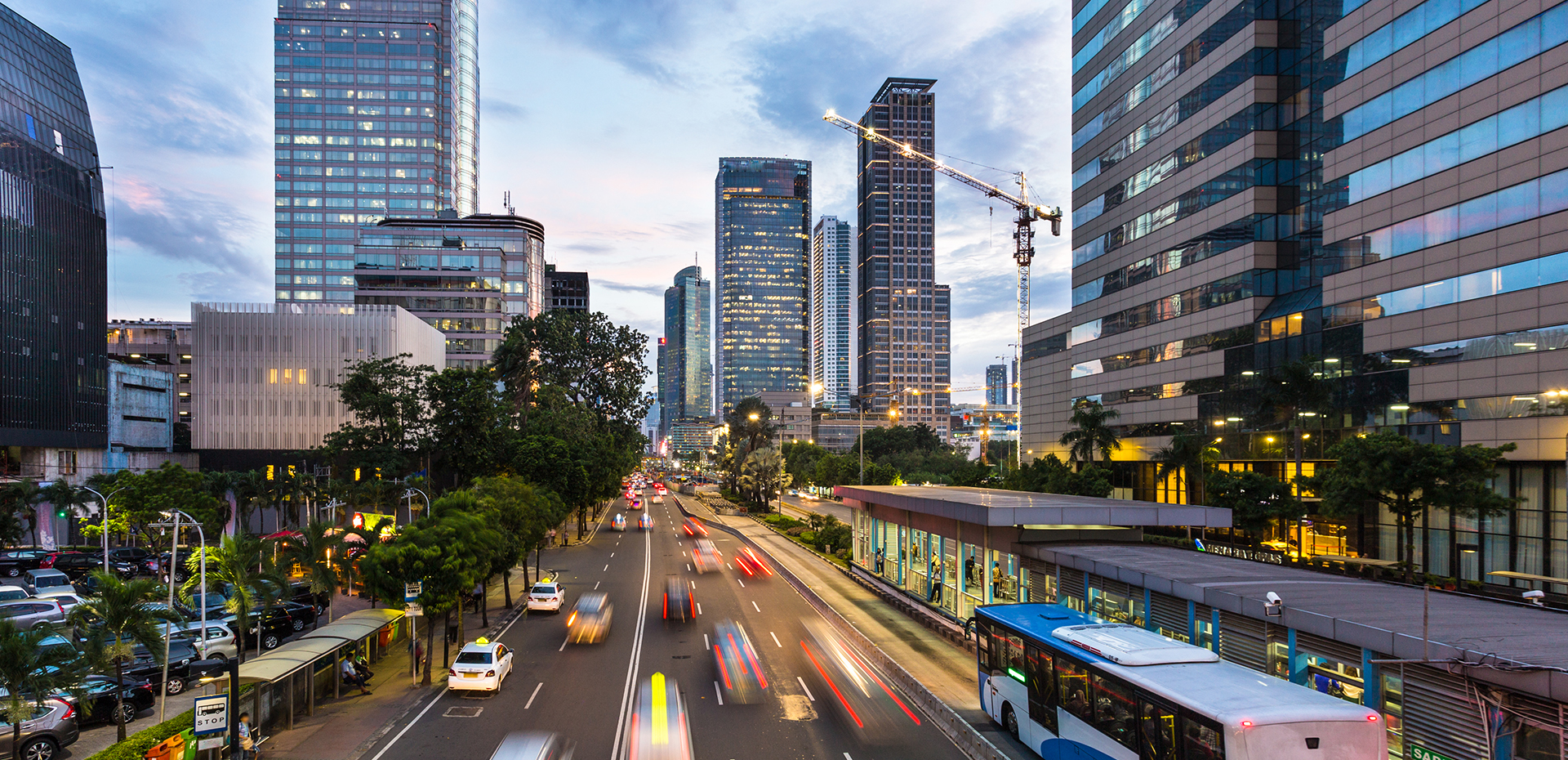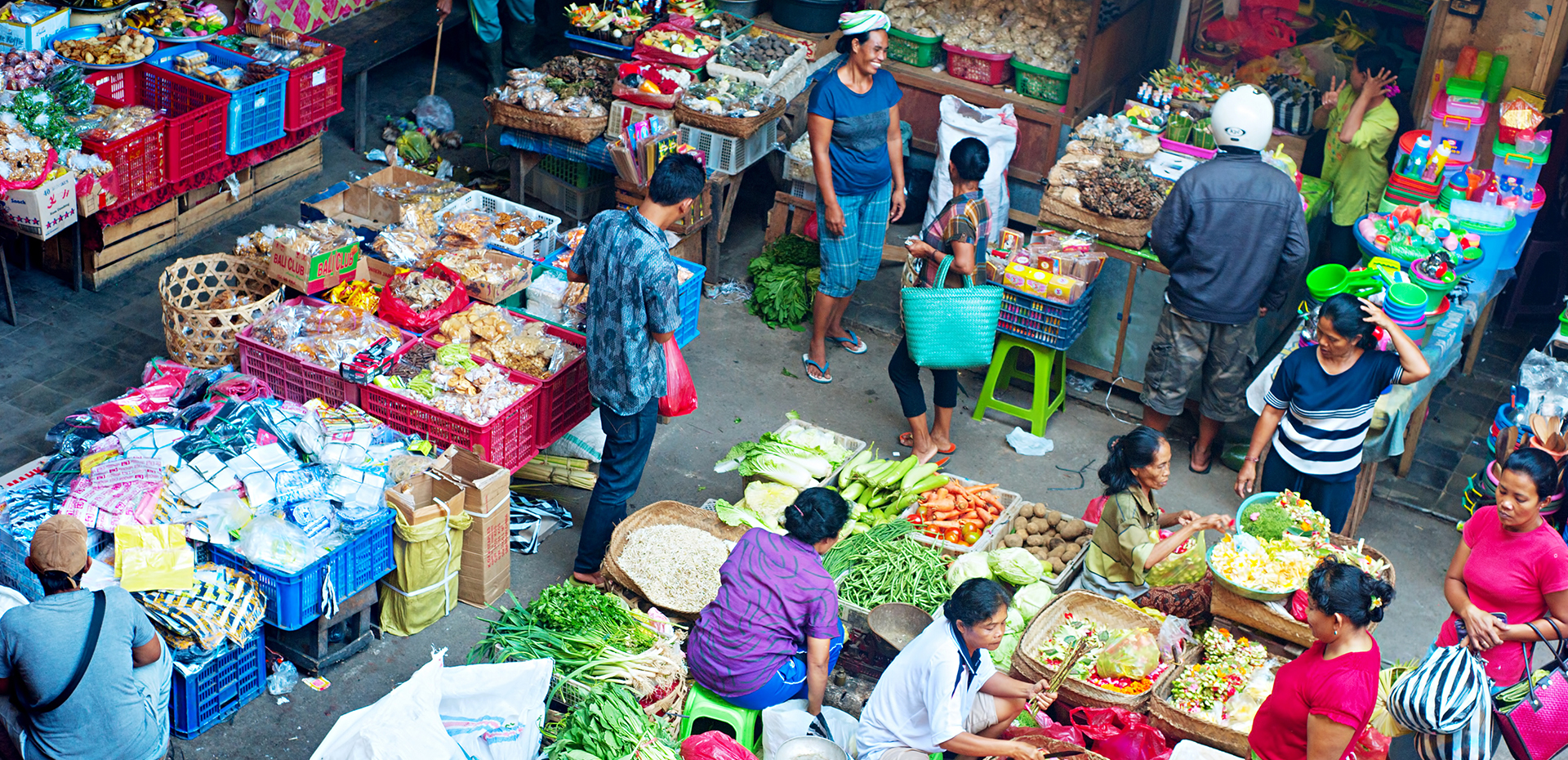In the first M&A to hit the Indonesian startup scene amid Covid-19, local ride-hailing unicorn Gojek has acquired point-of-sale (POS) developer Moka.
According to filings shown on the Indonesian Business Competition Supervisory Commission (KPPU) website, Gojek and Moka filed the acquisition notice on April 9. Under Indonesian law, M&As must be reported within 30 days of taking effect.
In December 2019, Bloomberg reported that both parties were finalizing talks in a deal worth “at least $120m,” citing people familiar with the negotations. Gojek declined to comment; Moka hasn't yet responded to request for comment.
Acquiring Moka will help GoPay, Gojek's e-wallet business, boost its share of the offline transactions market, where it competes with OVO, DANA and LinkAja. E-wallet players are trying to attract as many offline merchants as possible to increase transactions and brand recognition, especially after Indonesia reduced e-wallet payments to a single system. Dubbed the QRIS, the universal standard for e-wallet payments ended any exclusivity that an e-wallet might have, for consumers and merchants alike. It also entailed new transaction fees for e-wallet operators.
More than 30,000 merchants in Indonesia use Moka, which also offers them digital payments and loans through its partners. GoPay, Ovo, LinkAja and DANA are already its partners, alongside Koinworks, Modalku and Taralite. Moka charges a subscription fee for its SaaS-based suite, which includes the POS software itself and a dashboard to track financials and inventory. It also gets income from cashless transaction fees. Both of these sources are likely drying up as their clients lose in-store business or even collapse, as a result of social distancing measures across Indonesia.
Gojek's fintech ambitions, beyond GoPay
Acquiring Moka will also allow Gojek to extend financial services to SMEs. Since 2018, Gojek has worked with P2P lenders like Findaya and Dana Cipta to extend working capital loans to its driver partners and merchants. It has also offered “pay-later” credit to retail customers.
In 2019, Moka launched Moka Capital to extend unsecured loans to its SME customers through its partner fintech lenders. The company said in February that it had channeled IDR 40bn worth of loans, each ranging from IDR 10m to IDR 2bn.
Moka gets standardized transaction records and financial reports of merchants from its POS and online payments businesses – key data that allows lenders to assess a loan applicant’s financial position and creditworthiness more easily.
Gojek is no stranger to acquiring companies in its journey to build fintech services in its ecosystem. To get the e-money license needed for its e-wallet, Gojek bought mobile wallet company PonselPay in 2016. The following year, it swallowed a raft of fintech services: payment gateway companies Kartuku and Midtrans, and group-buying service Mapan.
Gojek’s fintech ambitions are being realized through DKatalis, a spin-off company established in late 2019. DKatalis's LinkedIn page says the company wants to build “to create the most valuable digital financial service at the back of Go-ecosystem and beyond.”
One of DKatalis’s directors is Jerry Ng, an ex-director of Bank BTPN, an Indonesian bank that started the new digital banking wave in the country with its Jenius product. Ng and business partner Patrick Walujo, who is an early investor in Gojek, acquired a majority stake in IDX-listed Bank Artos in December 2019 and set to turn the former family-owned bank from Bandung into a digital one. Walujo has denied speculation that the new owners planned to make Artos Bank a Gojek entity.
Supporting local businesses in Covid-19
Gojek and Moka announced on April 19 a collaboration to support Indonesian SMEs during the Covid-19 pandemic. The Support Local Brands initiative, which also involves customer loyalty platform TADA, helps these businesses sell discount and promotional coupons redeemable once restrictions on movement and businesses are lifted. The startups will not charge any commission or fee from sales made through this platform.
The platform offers discount coupons from restaurants and other F&B establishments like burger chain Raffels and drinks franchise Goola, as well as from fashion brands and lifestyle services. Most of the coupons can only be redeemed on-site, that is, after social distancing measures end, but some also offer home delivery.
Moka's CEO Haryanto Tanjo said in the joint press release: “Through the #supportlocalbrandsID movement, we hope that business owners can stay connected with their customers and retain positive cashflow during the pandemic.” Similarly, Gojek Head of Third Party Platforms Sony Radithyo hoped that the collaboration could “support local brands in these trying times.”














